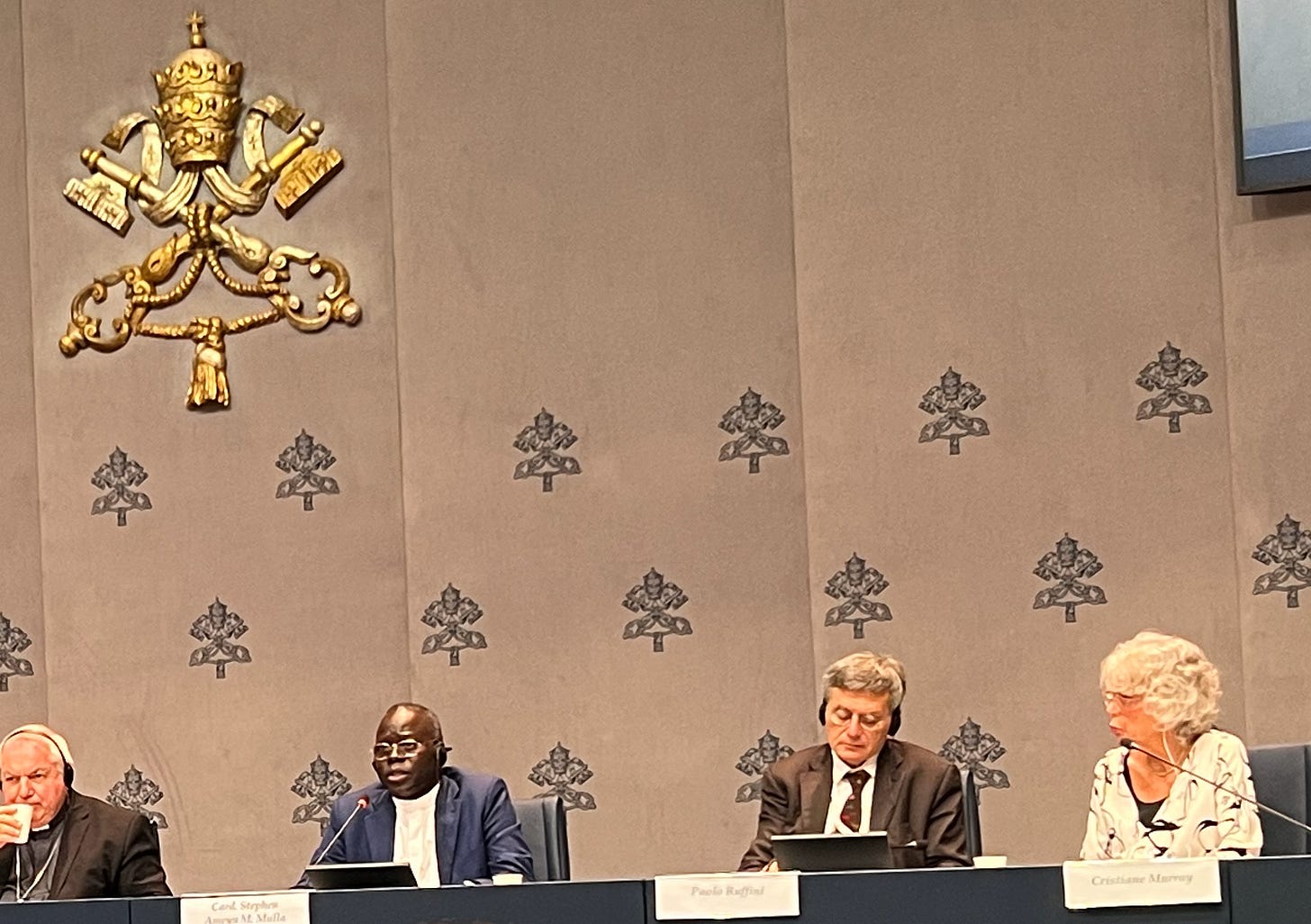South Sudan cardinal: Synodality ‘way to achieve peace’
Cardinal Mulla thinks his country needs synodality. Here's why
A South Sudanese cardinal told journalists in Rome Friday that he believes a pragmatic synodality can be the means for achieving peace in his country, and amid the bishops of his fractured episcopal conference.

“The synod journey helps us the Church to r…
